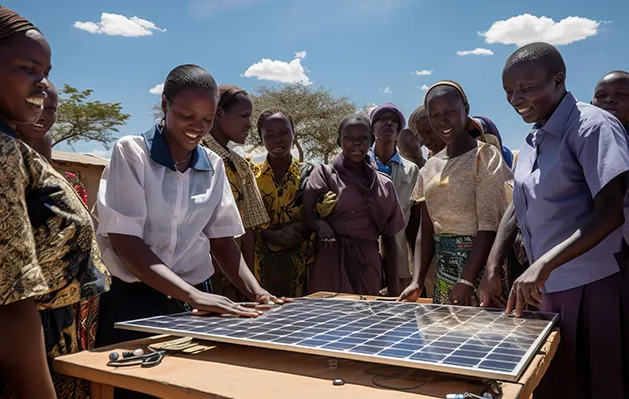Norwegian renewable energy company Scatec has signed landmark independent power producer (IPP) agreements in Liberia and Sierra Leone, marking a major step forward in expanding clean energy access across West Africa. Through its subsidiary Release, Scatec will deploy a total of 64 megawatts of solar power and 10 megawatt-hours of battery storage across both countries. These modular, lease-to-own systems are designed to replace costly and polluting diesel-based generation, offering a more sustainable and economically viable solution for national utilities struggling with energy deficits and grid instability.
The projects are backed by robust financial support from the World Bank’s International Finance Corporation (IFC), which has committed a $100 million loan and a $65 million guarantee facility. This financing structure not only secures payment obligations from Release’s clients but also enhances the bankability and long-term viability of the projects. Scatec’s CEO and Chairman of Release, Terje Pilskog, emphasized that these agreements reflect the company’s strategic commitment to accelerating renewable energy deployment in underserved markets and supporting local development through reliable, clean power.
In both Liberia and Sierra Leone, the solar-storage systems are expected to deliver transformative benefits. By reducing reliance on fossil fuels, the projects will lower electricity costs, improve grid reliability, and contribute to national climate goals. The modular nature of Release’s technology allows for rapid deployment and scalability, making it particularly well-suited for regions with limited infrastructure and urgent energy needs. These systems can be expanded over time to meet growing demand, offering a flexible pathway toward energy independence.
The signing of these IPP deals signals growing momentum in Africa’s renewable energy sector, where innovative financing models and international partnerships are helping bridge the energy gap. Scatec’s collaboration with Liberia and Sierra Leone demonstrates how targeted investment and technology can unlock new opportunities for clean power, economic resilience, and sustainable development. As more countries seek to transition away from fossil fuels, these agreements serve as a blueprint for scalable, impactful energy solutions tailored to local needs.
